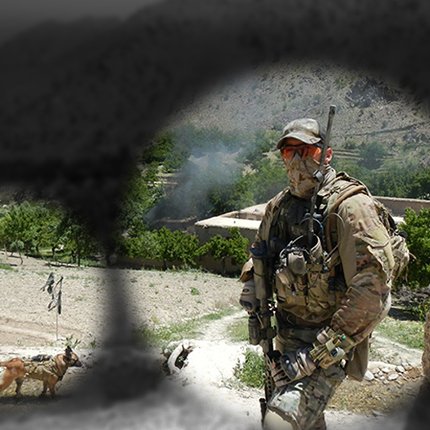
abc– Australian Special Forces commanders were given gold watches by a corrupt Afghan warlord who doubled as a powerful local police chief.
The ABC can reveal notorious Afghan militia leader Matiullah Khan, who was killed in 2015, regularly presented Rado watches worth more than $1,000 to senior Australian soldiers during rotations in Uruzgan province.
Former soldiers who served in Australia’s Special Operations Task Group told the ABC the lavish gifts caused unease among troops.
Khan, a provincial strongman with a reputation for brutality, was a key figure during Australia’s lengthy involvement in the Afghanistan War.
Believed to have been killed in a Taliban suicide bombing in Kabul, he was a friend and ally of former President Hamid Karzai.
Khan’s political connections and his private army helped keep the Taliban at bay in Uruzgan Province, where Australian forces operated for many years.
He grew rich through coalition military support, magnifying his already substantial power and influence.
When he became police chief, his officers were accused of murder and torture.
Australian National University Professor of International Security and Intelligence Studies John Blaxland said Australia benefited from its close relationship with the police chief.
“He was very well connected, and he had his own force that was well-placed to strike a deal with Australia in order to keep the Australian military footprint to a minimum,” he said.
“And the price of that deal was that we gave Matiullah Khan a degree of profile, prestige and influence.”
Australian soldiers said Khan distributed gold watches as a demonstration of his status and to refuse the luxury items might have caused offence or embarrassment.
“Australian government practice is essentially to try to avoid receiving gifts but there are instances, particularly when dealing internationally with other cultures where it is demonstrably inappropriate not to take the gift,” Professor Blaxland said.
An Australian Department of Defence spokesperson said in response that “defence policy requires that personnel do not accept or provide gifts or benefits if the acceptance or provision would create an inappropriate impression, or create a perception or expectation of preferential treatment.”
“Defence does not comment on operational matters,” the spokesperson also said.




